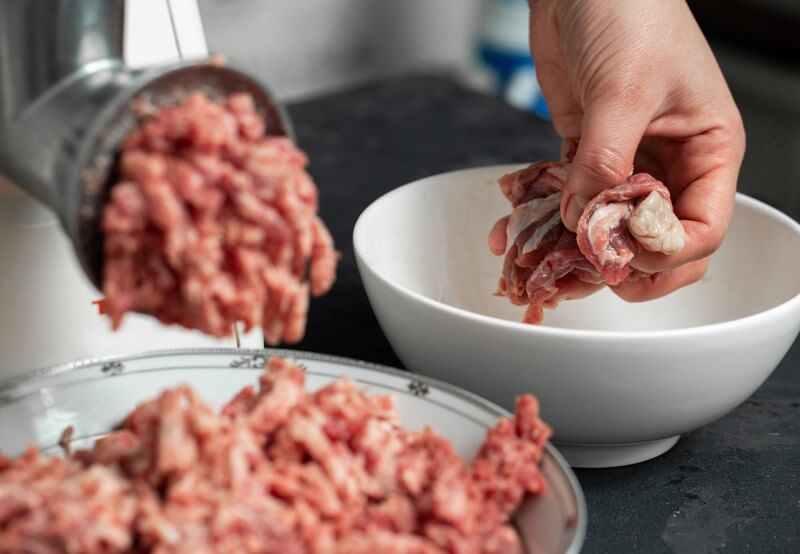Important of Air Ventilation in Maintaining Meat Bacteria Free

Maintaining food safety in meat processing plants is essential. Air ventilation plays a pivotal role in achieving this. Without proper air circulation and filtration, bacteria and another unhygienic viruses can grow in the meat and increase the risk of foodborne illness.
In this article, we explore how effective ventilation systems help create a bacteria-free environment in meat processing facilities and how this benefits food quality and safety.
1: Regulating temperature and humidity
One of the main functions of the ventilation system is to keep the temperature and humidity levels in the meat processing plant stable and optimal. Both temperature and humidity play important role in bacterial growth. High temperatures and humidity levels create ideal conditions for bacteria, mold, and other pathogens to multiply and spread in the meat. Through proper ventilation systems in the meat processing plant, microbial growth and their condition are controlled to ensure the meat remains fresh and healthy for consumption.
2: Reducing airborne contaminants
In meat processing plants, the air can quickly become contaminated with particles from meat, dust and other bacteria-laden aerosols. Airborne contaminants pose a serious risk to food safety if they settle on the meat surfaces and are consumed by humans. Having an effective ventilation system in the meat processing plant can filter out the contaminants to maintain clean air within processing areas. Having a proper ventilation system traps microorganisms, dust and other allergens. Proper filtration helps reduce the risk of cross-contamination especially due to bacteria such as Listeria and Salmonella commonly found in raw meat. Through this contamination, human health can be compromised.
3: Controlling odors and harmful gases
In the meat processing plant, the odor of the raw meat and gases are present. The unpleasant odor can lead to a harmful working environment. Such gas and odor can lead to harmful bacteria for the worker and environment. Ammonia and hydrogen sulfide are the main gases evaporated from meat processing plants and these gases can damage the health of humans. Efficient ventilation helps to expel the gases and improve the air quality and workplace safety.
Maintaining odor control in meat processing plants is a regulatory standard as well. By controlling the emissions, ventilation systems contribute to a better overall working environment and reduce the risk of environmental pollutants affecting meat products.
4: Limiting moisture buildup to prevent mold and bacterial growth
Moisture in a meat processing plant can lead to mold and bacteria growth on the surface. All the equipment and even the meat itself can be damaged and rotten. Excessive moisture provides a breeding ground for bacteria such as E.coli and Listeria, which can thrive in moist environments. Ventilation systems help reduce moisture levels by maintaining consistent airflow, preventing condensation from building up on walls, floors and ceilings.
5: Minimize the Cross-contamination
In large meat processing plants, raw and processed meat products are often handled in different areas. Cross-contamination can occur when contaminated air moves from raw meat zones to areas where cooked or processed meat is packaged. Ventilation systems are designed to create negative air pressure zones, preventing contaminated air from circulating between these sections. Negative air pressure ensures that bacteria from raw meat areas do not spread to spaces where processed or packaged meat is stored. This separation maintains product quality and keeps both raw and processed meat products safe from contamination.
6: Regulations and Standardization
Ventilation systems are also crucial for meeting food safety regulations and passing health inspections. Regulatory bodies, such as the USDA and FDA, mandate strict air quality standards for meat processing facilities. Proper ventilation systems demonstrate compliance with these standards, helping plants avoid fines, penalties, and shutdowns due to inadequate air quality.
M&M Air Ventilation Expert Advice
Air ventilation in meat processing plants is a fundamental aspect of maintaining a bacterial-free environment. By regulating temperature, controlling humidity and filtering airborne contaminants, ventilation plays an important role in ensuring food safety and worker health.
M&M Equipment experts professionally take care of all the ventilation problems by investing in an effective air ventilation system simply made to comply with health standards and keep the product quality up to date.
